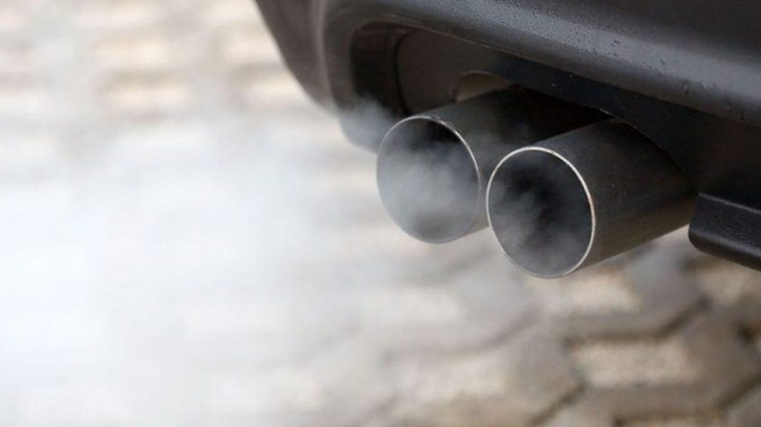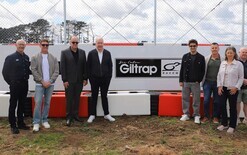Australia to slash emissions

Automotive organisations across Australia have reached a historic agreement on critical positions and pathways to achieve a “considered and practical” transition to and electrification of the fleet.
Representatives from national, state and territory levels attended the industry summit in Canberra.
It included attendees from businesses that make, sell, distribute, provide novated leasing, service, repair, supply after-market parts, components and accessories, dismantle, recycle and train tens of thousands of automotive professionals.
The organisations developed and agreed to more than 25 principles. These included:
• Embracing the electrification of the Australian vehicle fleet.
• Mandating carbon dioxide (CO2) targets, not electric vehicle (EV) targets.
• Supporting the federal government in developing a national zero and low-emissions vehicle (ZLEV) electrification transition strategy.
• Considering the entire registered vehicle fleet, and the needs and requirements of Australians who own and operate them.
• Maintaining the safety, security, service, repair and efficiency of the legacy internal combustion engine (ICE) fleet.
• Opposing the introduction of bans that limit consumer choice and remove options for meeting car owners’ needs and Australia’s emissions-reduction targets.
• Ensuring government targets and milestones are ideally federally led – or at least nationally consistent, are realistic, supported by facts and sound qualitative data, and applied to an Australian context.
The organisations congratulated the Albanese Labor government for its decisive action in fulfilling its fringe-benefits tax exemption for EVs promise. The legislation was in the first batch of 13 bills introduced to parliament and will encourage the uptake of EVs once passed.
Leaders of automotive organisations shared and discussed comprehensive global and domestic data analysis on the future production and delivery of ZLEVs past 2030, particularly to the Australian market.
Also covered were the impacts and use of targets, milestones, incentives, subsidies, and penalties, jobs and skills, tariffs and taxation, fuel standards and security, legacy fleet management and maintenance, and awareness and education.
Over the coming weeks, automotive organisations will engage with stakeholders, governments and communities.
They will also share critical data and information to better balance discussion, and partner with the government to plan actions necessary reduce motor vehicle-sourced CO2 and greenhouse gas emissions.





